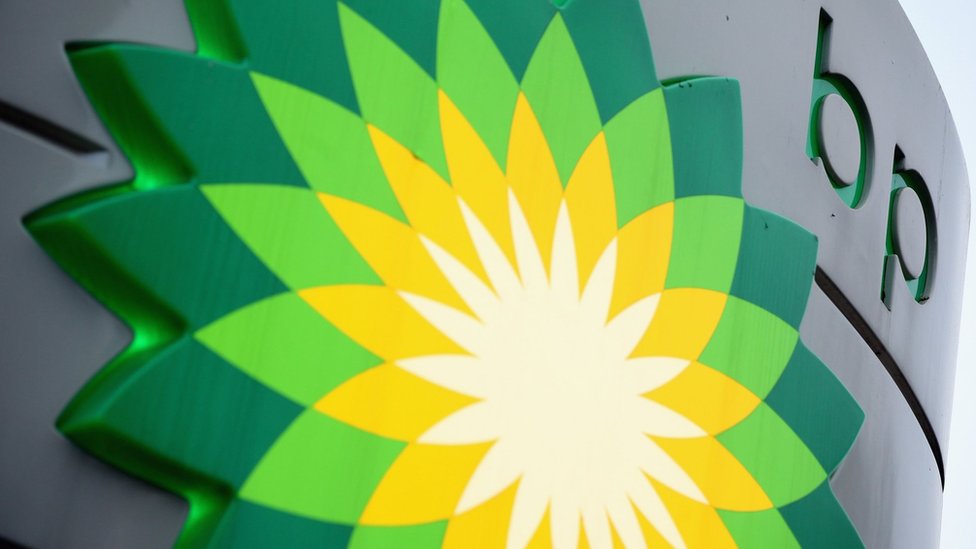BP returned to profit in the third quarter, but the global coronavirus crisis continued to hit demand for oil.
BP said underlying replacement cost profit, its definition of net income, was $86m (£66m) from July to September.
That was down from $2.2bn a year earlier, but a big improvement on its massive second-quarter loss of $6.7bn.
Chief executive Bernard Looney said that despite a “challenging environment”, the firm was “performing while transforming”.
He added that despite financial pressures, BP would continue to pay a dividend to shareholders.
In February, BP said it planned to sharply cut carbon emissions by 2050.
The company wants to be “net zero” by 2050 – that is, it wants the greenhouse gas emissions from its operations, and from the oil and gas it produces, to make no addition to the amount of greenhouse gases in the world’s atmosphere by that date.
It also wants to halve the amount of carbon in its products by 2050.
In June, BP announced plans to cut 10,000 jobs after a slump in demand for oil due to Covid-19.
It also forecast lower oil prices for decades to come as governments speed up plans to cut carbon emissions in the wake of the coronavirus crisis.
That same month, it announced it was selling off its petrochemicals business to Ineos as part of its efforts to become a lower carbon firm.
BP said the $5bn deal remained on track and, subject to approvals, was expected to complete by the end of the year.
“Having set out our new strategy in detail, our priority is execution and, despite a challenging environment, we are doing just that – performing while transforming,” Mr Looney said.
“Major projects are coming online, our consumer-facing businesses are really delivering and we remain firmly focused on cost and capital discipline.
“Importantly, net debt continues to fall. We are firmly committed to our updated financial frame, including the dividend – the first call on our funds.”

